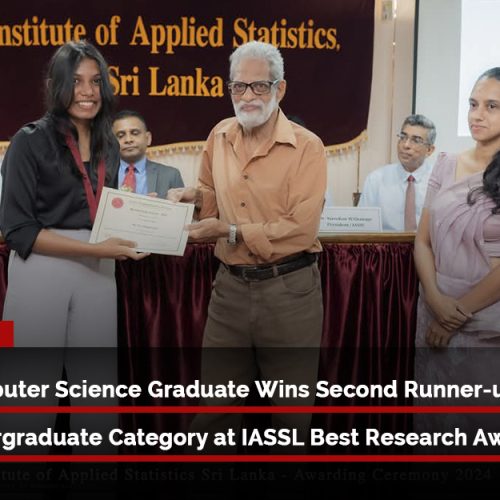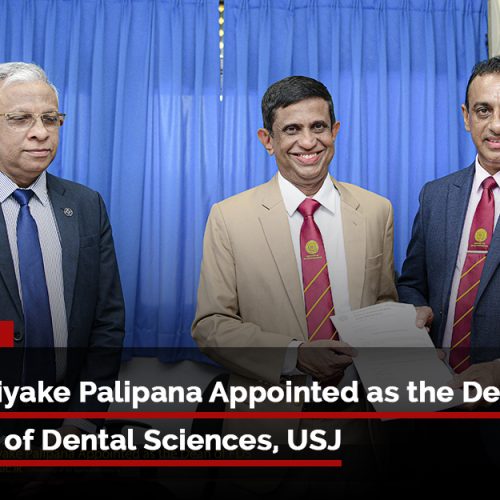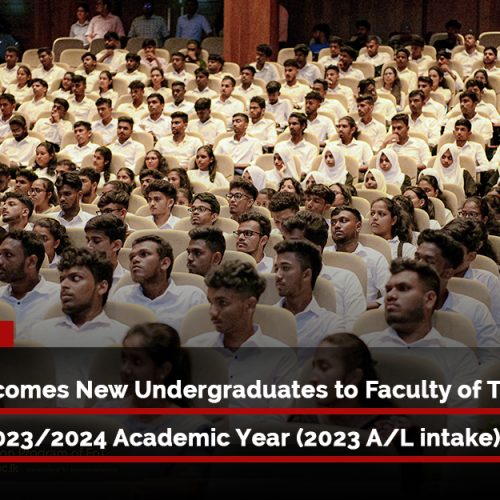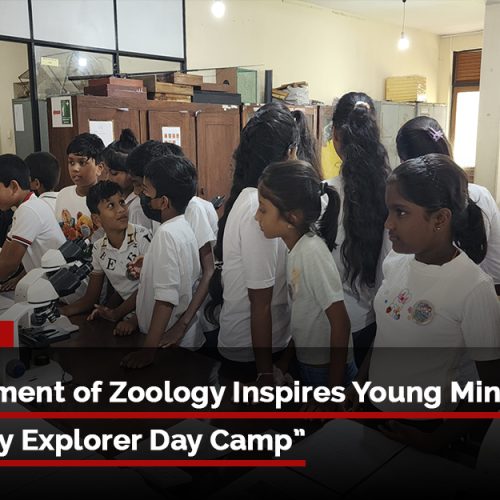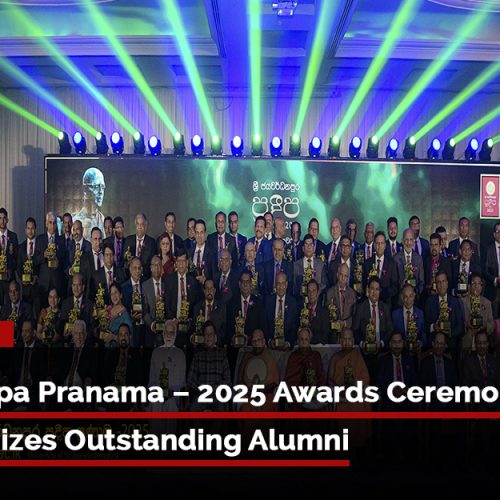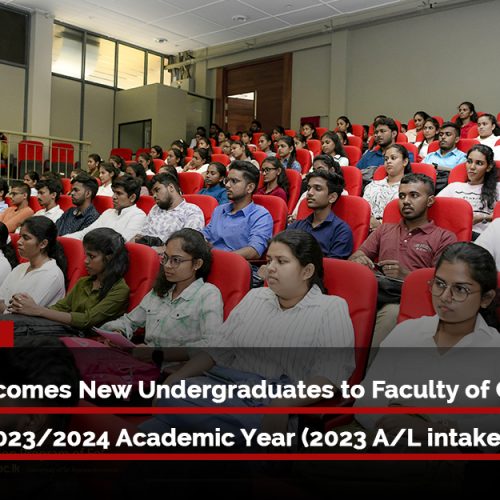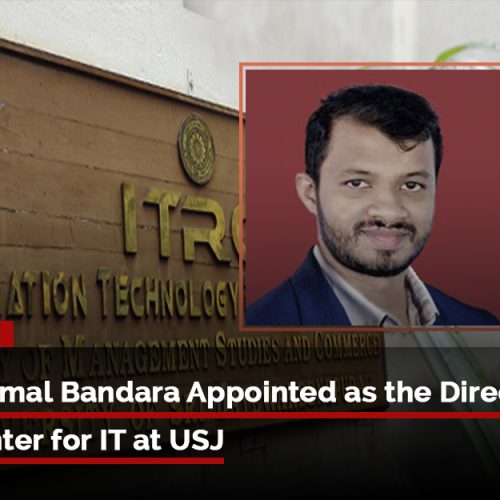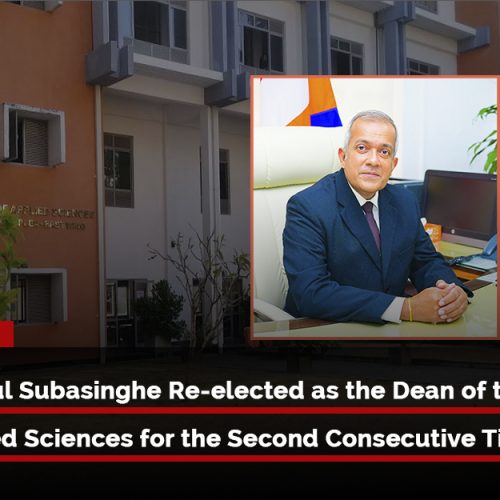
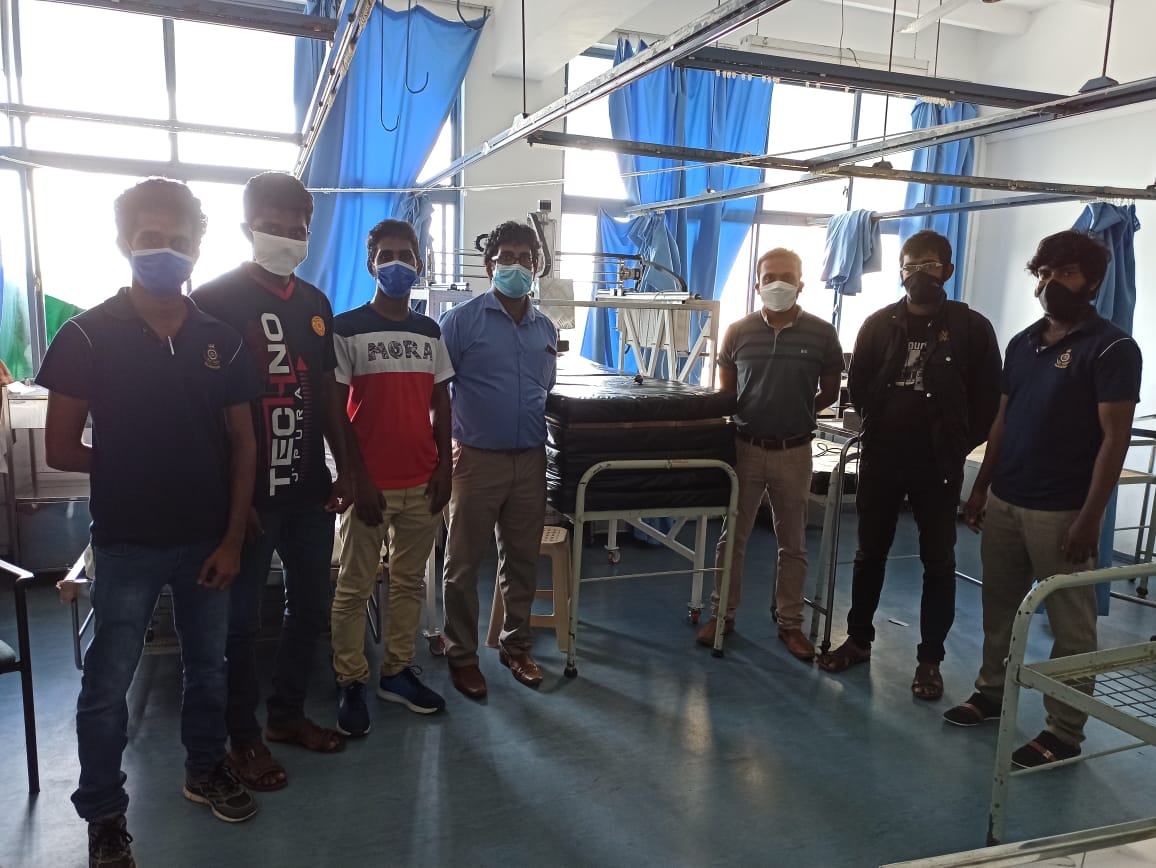
COVID-19, short for “coronavirus disease 2019,” is the official name given by the World Health Organization to the disease caused by this newly identified coronavirus.
According to recent estimates, about 1 in 6 patients will have complications, including some that are life-threatening. The complications of the respiratory tract need multidisciplinary treatment modalities. Out of which chest physiotherapy plays a major role. Chest physiotherapy (CPT) is a technique used to mobilize or lose secretions in the lungs and respiratory tract. This is especially helpful for patients with a large number of secretions or ineffective cough. Chest physiotherapy consists of external mechanical maneuvers, such as chest percussion, postural drainage, vibration, to augment mobilization and clearance of airway secretions, diaphragmatic breathing, coughing, and controlled coughing. COVID 19 is one of the respiratory tract infections. A physiotherapist who gives chest physiotherapy has to get closer to the patient and conduct the procedure. Therefore the health care professional has a risk of exposing to COVID 19 infection. In a condition like COVID 19, the health care workers need to wear full personal protective equipment and conduct the procedure. It is a very difficult and energy-consuming process which ultimately leads to reducing the working efficacy of the health care providers.
As a solution to the above matter, a team lead by Dr. Sajith Edirisinghe, Lecturer, Department of Anatomy, Faculty of Medical Sciences, University of Sri Jayewardenepura developed this mobile semi-automated chest physiotherapy machine OSShCa KVD 20 which can be operated remotely. The other members of the team are Osanda Somaratna, Didula Hapuarachige and Kaveen Samarasinghe from Department of Mechanical Engineering, University of Moratuwa, Shashika Liyanwalage and Viraj Niroshan from Faculty of Technology, University of Sri Jayewardenepura and Chamara Mathangaweera, Physiotherapist, Department of Family Medicine, Faculty of Medical Sciences, University of Sri Jayewardenepura.
The team is very grateful to Dr. Madura Jayewardena, Consultant Obstetrician & Gynaecologist and Senior Lecturer at Department of Obstetrics & Gynaecology, Faculty of Medical Sciences, University of Sri Jayewardenepura, Prof. Piyanjali de Zoysa, Professor in Clinical Psychology at the Faculty of Medicine, University of Colombo and all the doctors of 16th batch of Faculty of Medical Sciences, the University of Sri Jayewardenepura who gave their financial contribution to developing the machine during COVIOD 19 lockdown period.
From this machine, the health care personal could deliver the Chest physiotherapy without getting exposed to the infection. Not only for COVID 9 infection, but any complicated patient where chest physiotherapy is indicated whom cough is insufficient to clear thick, persistent, or localized secretions in conditions such as Cystic fibrosis, Bronchiectasis, Atelectasis, Lung abscess, Neuromuscular diseases, Pneumonia in dependent lung regions also could be benefited from this machine. Therefore this new invention could be used to a variety of cases and save time for the physiotherapist. Since this machine could be controlled distally via WIFI technology, it is very useful for the micro-hospital concepts which will be future of the hospital set up in 10 years. Already western countries have started developing small-scale inpatient facilities (Micro hospitals) to offer medical care in underserved communities and provide a local alternative to the potentially long waits for emergency care at major hospitals. A machine like “OSShCa KVD 20” is an ideal machine to deliver day patient care in specialized small unit hospitals.
The most common procedures used in the chest physiotherapy are postural drainage and chest percussion, in which the patient is rotated to facilitate drainage of secretions from a specific lobe or segment while being clapped with cupped hands to loosen and mobilize retained secretions that can then be expectorated or drained. The same procedure could be performed from the machine since the percussion segment could be rotated according to the body texture and the chest passion (seated or lying down). The pressure applied from the percussion descent is equivalent to the CPT given by hand.
The two-way speaker system can have direct communication with the patient and a live video system could observe the patient’s behavior and facial expression. The safety precautions have been taken to the maximum level by giving a handheld emergency stop button to the patient. The user can stop the entire system at once if he /she feels any discomfort. The machine could deliver the percussions at any part of the chest due to the capacity of mobilizing the percussion head in all X, Y, and Z-axis. The other advantage is the machine hight could be adjusted according to the height of the bed. The mobile application also has the emergency stop, sensor mechanism to measure the chest dimensions and deliver chest physiotherapy according to pre-planned patterns and routs.
The other capability of this “OSShCa KVD 20” is the ability to deliver prolong cardiopulmonary resuscitation (CPR). Providing prolong CPR continuously for 30 minutes or more is a very distressing and energy-consuming process. Due to exhaustion, the health care staff person might not have the same strength and the depth of compression of the CPR throughout the process. Taking turns and delivering the CPR could disturb the pattern of chest compression. This “OSShCa KVD 20” could deliver the CPR at the correct rate and required depth for any given time. This saves health care workers time for other procedures on the patient to save a life. Since the machine has a pre-planned mode and the mobile application has the CPR mode, it’s a matter of the health care personal to set the machine at the correct position and give the command to deliver the CPR. This function of the product is ideal for the ICU setups where this could save professional man-hours. The machine has undergone two cycles of clinical testing at Colombo South Teaching hospitals and the product “OSShCa KVD 20” won the gold medal at the Medical Doctor category at Health innovation award 2020 organized by Sri Lanka Medical Association on 25th July 2020 at Lionel Memorial Auditorium.















